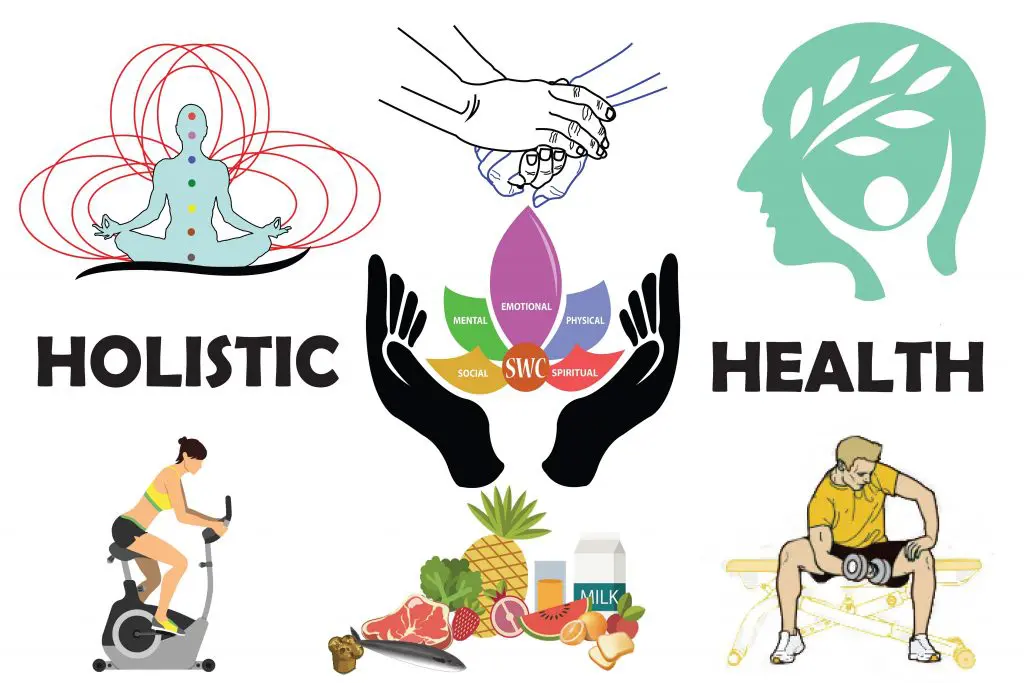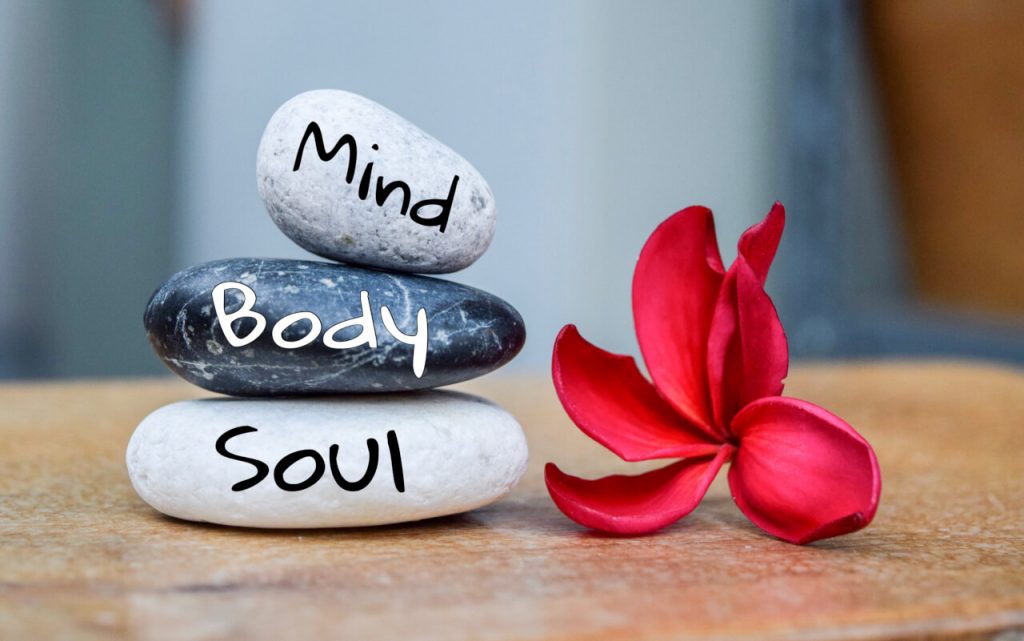How Long Does It Take to Be a Holistic Health Practitioner?

Holistic health practitioners are those who focus on both the physical and emotional well-being of their patients. To become one, you need an accredited degree in holistic health or a related field, as well as several years of experience working with patients.
However, becoming a holistic health practitioner isn’t as hard as you might think. In this article, we’ll tell you everything you need to know about the process and how long it will take you.
What is Holistic Health?

Source: dryatendrayadav.com
It is a way of living that incorporates the principles of natural and integrative medicine. It emphasizes the use of whole, unprocessed foods, exercise, and meditation to maintain physical, emotional, and spiritual well-being. This kind of practitioner aims to restore balance in the body by addressing the root causes of problems rather than just treating symptoms.
The process of becoming one can be time-consuming and require a commitment to learning new techniques and practices. If you are interested in pursuing a career in holistic health, it is important to research which degree program would best suit your goals and interests. There are many programs across the country, so it is important to find one that offers the specific training you need.
Some common degree requirements for becoming a holistic health practitioner include:
- A background in complementary or alternative medicine
- Experience working with people who have chronic illnesses
- Knowledge of yoga and meditation
- A strong interest in nutrition
- An understanding of the body’s energy system-Prior experience working as a health coach or therapist
- A commitment to continuing education
There is no one-size-fits-all answer to becoming a holistic health practitioner, as the training you need will vary depending on your career goals and personal background. However, gaining hands-on experience working with patients and learning about specific diseases and their treatment methods is a good place to start.
The Reasons to Consider Becoming a Holistic Health Practitioner
Holistic health practitioners understand the interconnectedness of all things and work to restore balance in their patients’ lives. Here are five reasons to consider becoming one:
- You’ll have a deep understanding of your own body and health.
- You’ll be able to treat the whole person, not just the symptoms.
- You’ll be able to connect with patients on a much deeper level than doctors.
- You’ll be able to provide preventive care instead of only treating illness.
- There is a growing demand for this kind of service, so you could have a lot of success if you decide to become a practitioner.
The Steps to Becoming a Holistic Health Practitioner

Source: holisticdietetics.com.au
There are a few steps you need to take:
- First, you need to get your degree in health sciences or a related field.
- Second, you need to complete an accredited holistic health program.
- Finally, you must pass the appropriate licensing exam.
If you are already practicing as a holistic health practitioner, you may want to consider continuing your education and licensure to improve your skills and knowledge.
What is the Certification Process for Becoming a Holistic Health Practitioner?
To become certified, you must first complete an accredited program and then pass a state or national certification examination. There are many different certification programs available, so it can be difficult to decide which one is right for you. Some of the most common certification programs include:
- National Certification Board for Therapeutic Massage and Bodywork (NCBTMB): The NCBTMB offers two certification levels, Professional Certificate and Advanced Professional Certificate. Both certificates require successful completion of an accredited program and passing the NCBTMB’s certification examination.
- National Certification Board for Holistic Homeopathy (NCHHPM): NCHHPM offers two certification levels, Certified Holistic Health Practitioner (CHHP) and Master Holistic Health Practitioner (MHHP). The CHHP requires successful completion of an accredited program and passing the NCHHPM’s certification examination. The MHHP requires both successful completion of an accredited program and passing of the NCHHPM’s professional practice examination.
- American Academy of Integrative Medicine (AAIM): AAIM offers two certification levels, Integrative Medicine Doctor (IMD) and Master of Science in Integrative Medicine (MSIM). The IMD requires successful completion of an accredited program and passing of the AAIM’s certification examination. The MSIM requires both successful completion of an accredited program and passing of the AAIM’s professional practice examination.
How Long Does It Take to Be a Holistic Health Practitioner

Source: alphacaremedical.net
Becoming a holistic health practitioner can take many years of hard work and dedication. While the educational requirements vary from program to program, most professionals must have a degree in health sciences, as well as at least one year of experience in a healthcare setting. After completing their education and training, aspiring practitioners must pass an examination to become certified.
Certification can be earned through a variety of programs, but most require that applicants have completed several hours of continuing education each year. Finally, holistic health practitioners must demonstrate clinical competence by working in a variety of settings and treating a wide range of patients. People who follow a holistic approach to healthcare are often healthier and feel more energized than those who rely on conventional treatments.
The Benefits of Becoming a Holistic Health Practitioner
There are many benefits to becoming a holistic health practitioner. Perhaps the most obvious benefit is that you will be able to provide more comprehensive care to your patients. Also, you will be knowledgeable about the whole spectrum of health and will be able to treat patients as individuals, not just as members of a demographic group.
Additionally, it can boost your confidence and make you more knowledgeable about your own body and its workings. Finally, becoming a holistic health practitioner can help you develop relationships with other professionals in the healthcare field and learn new techniques and methods of healing.

Source: mywellnesshouse.com
Conclusion
If you’re interested in becoming a holistic health practitioner, there is no one-size-fits-all answer to this question. It will likely take some time and effort on your part, but the rewards could be great not only for you but also for your patients.
